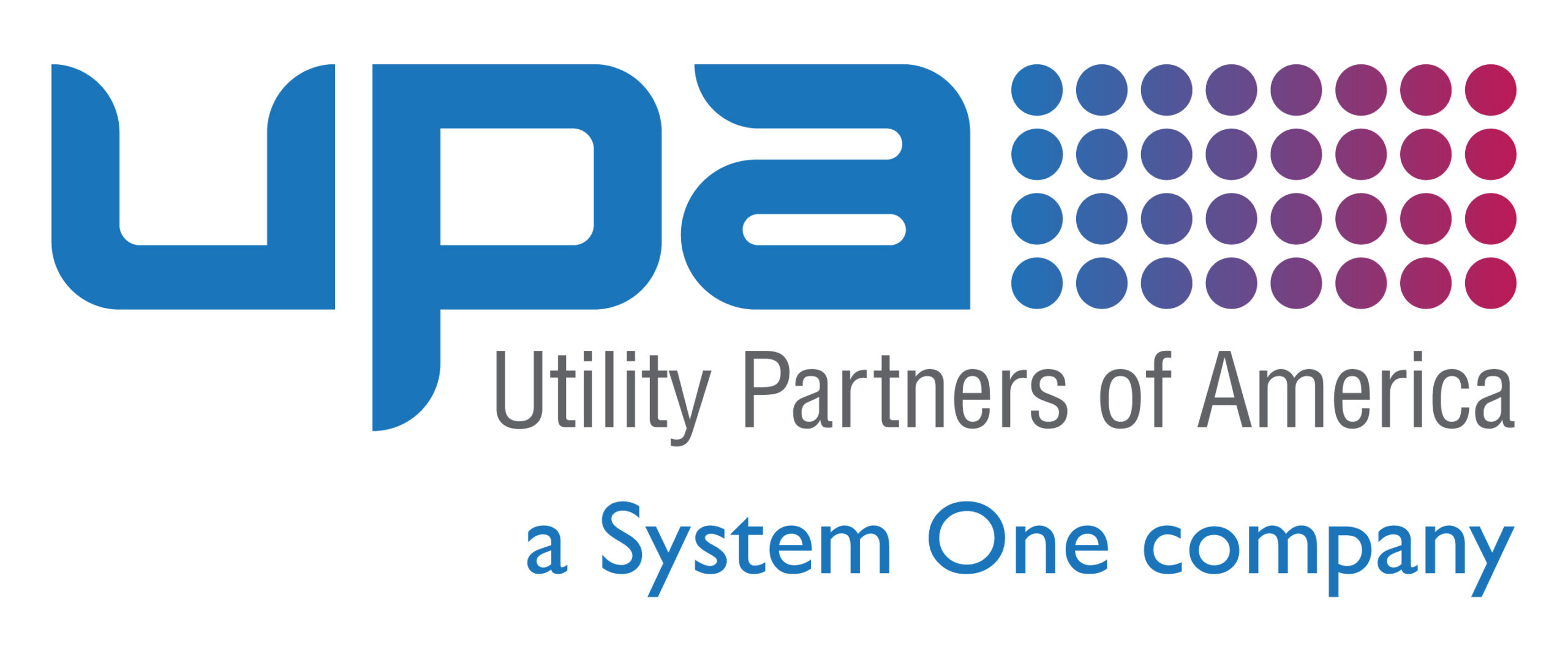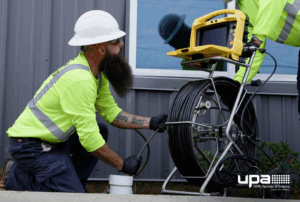In the fast-paced world of utility construction, effective leadership is critical. Supervisors play a crucial role in supporting Field Operations Managers and overseeing the work performed by installation technicians. They not only ensure project completion and adherence to timelines but also maintain quality through comprehensive Quality Assurance Programs. By focusing on solid leadership and a commitment to safety, supervisors can create a workplace where both projects and teams thrive.
- Enhancing Team Performance
Leadership training empowers supervisors with the skills and knowledge necessary to inspire their teams. A well-trained supervisor understands the importance of effective communication, motivation, and delegation. This ability fosters stronger team unity, leading to improved performance on the job site. - Improving Quality Assurance and Compliance
In an industry where safety is crucial, an effective Quality Assurance Program is vital. Leadership training enables supervisors to implement these programs, monitor compliance, and proactively address issues. By prioritizing quality and compliance, supervisors can foster accountability and excellence, reducing errors, minimizing rework, and enhancing project success. - Continued Career Development
By participating in ongoing training, supervisors can stay informed about the latest safety protocols and gain current skills and insights, enhancing their ability to lead teams effectively and responsibly. This knowledge promotes not only operational efficiency and productivity but also fosters a culture of safety and compliance, reducing the risk of accidents and costly delays. With this training, supervisors can better navigate challenges, make informed decisions, and drive innovation within their projects. - Building Future Leaders
By investing in leadership training, organizations not only enhance the current supervisory team but also cultivate future leaders. Supervisors who have access to professional development opportunities are more likely to feel valued and motivated. This investment in their growth encourages employee retention and paves the way for a strong pipeline of leadership talent. - Aligning with Company Standards and Values
Leadership training ensures that every supervisor is well-versed in company values, policies, and expectations. This alignment helps create a consistent approach to project management, quality assurance, and team dynamics. When supervisors operate under the same principles, it enhances collaboration across teams and contributes to a cohesive corporate culture.
Conclusion
Supervisors play a crucial role in utility construction, making leadership training vital for organizational success. Equipping them with necessary skills enhances team performance, ensures quality and safety, and promotes a culture of continuous improvement. Strong leadership not only improves project outcomes but also boosts employee satisfaction and retention. As the industry evolves, prioritizing leadership training will be essential for empowering teams and fostering future growth.
Reach out UPA today to discover how we can assist with your utility construction needs and help lay the groundwork for your future success!




